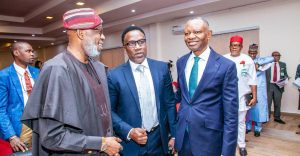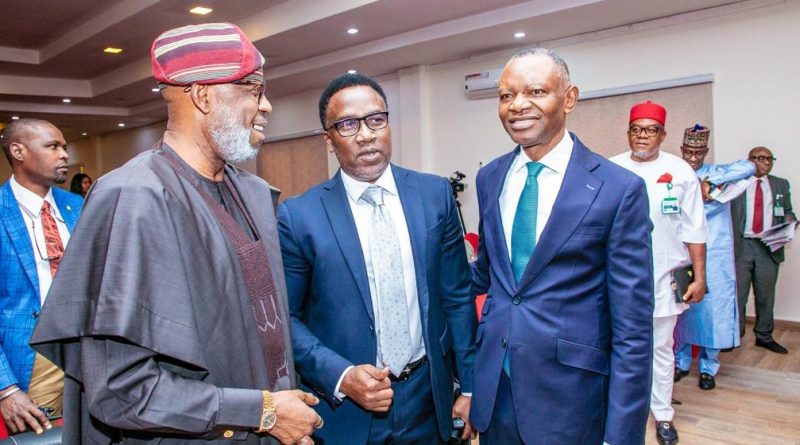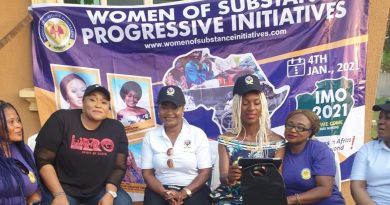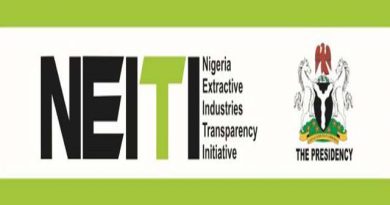Meteorology Has Big Role To Play In Solid Minerals Development In Nigeria…NiMet DG/CEO Anosike
Oru Leonard
Meteorological sciences can help improve operational safety in the mining sector. This formed part of the paper titled, ‘Intersection Between Climate Change Concerns And The Mining Industry- The Role Of NiMet’,
presented by the Director General and Chief Executive Officer of Nigerian Meteorological Agency (NiMet), Prof. Charles Anosike, at the one-day ‘Solid Minerals Conference’ organized by Business Day newspaper which held in Abuja on Tuesday, 30th January, 2024.
According to Prof. Anosike, mines and all the activities related to mining are some of the most weather- vulnerable industries in the world; as the mines are often
located in geographically and climatically challenging locations. He said that weather can and does affect mining operations, posing risks that can compromise workers’ safety and lead to delays and disruption in
productivity.
“As the climate changes, extreme weather events are growing in frequency and bringing challenges to mining safety, productivity and profitability. It is however interesting to note that the federal government is already taking some actions in this regard. According to the Minister of
Solid Mineral Development, Dr Dele Alake, as quoted in a ThisDay newspaper story of October 2023, the Federal Government is pursuing diversification from hydrocarbons to make the minerals sector a major
revenue contributor to Nigeria’s Gross Domestic Product (GDP) as its
contribution to mitigate climate change impact.
Continuing, Prof. Anosike said; “Real-time weather forecasts, warnings, and information on climatic conditions are essential for ensuring the safety of operations especially where weather conditions can significantly impact safety.

Accurate meteorological data helps in assessing and mitigating risks associated with extreme weather events such as storms, floods etc. This is critical in minimizing potential damages to infrastructure and ensure the safety of personnel”.
While speaking on climate change and its sectorial impact, Professor Anosike said that some of the most significant effects of climate change that are notable in Nigeria include increase in uncertainties of the onset of rainy season (false onset), shifts in rainfall onset and cessation periods. “Nigerians have experienced sea level rise, overwhelming heat, and extreme weather events in recent years. However, with adequate weather and climate information, there is increase in climate actions and resilience”.
He said that NiMet’s new Establishment Act 2022 gives the agency the impetus as a regulator of all aspects of meteorology in Nigeria to commercialize meteorological data by partnering the private sector.
“We are looking forward to engaging the private sector on how NiMet can provide customised weather and climate data for their organisations. Meteorological information supports effective
planning and optimization of mining and other activities, including scheduling operations based on favourable weather conditions and managing
inventory efficiently”.
Prof. Anosike also informed the audience of the public presentation of NiMet’s Seasonal Climate Prediction (SCP), which is scheduled for Tuesday, 20th February, 2024 at the NAF Conference Centre and Suites, Abuja. The SCP is an early warning tool that provides information to all sectors of the Nigerian economy to respond to climate extremities over the next one year.
The Minister of Solid Minerals Development, Dr. Dele Alake and several industry experts were part of the conference.
(NiMet Media)




